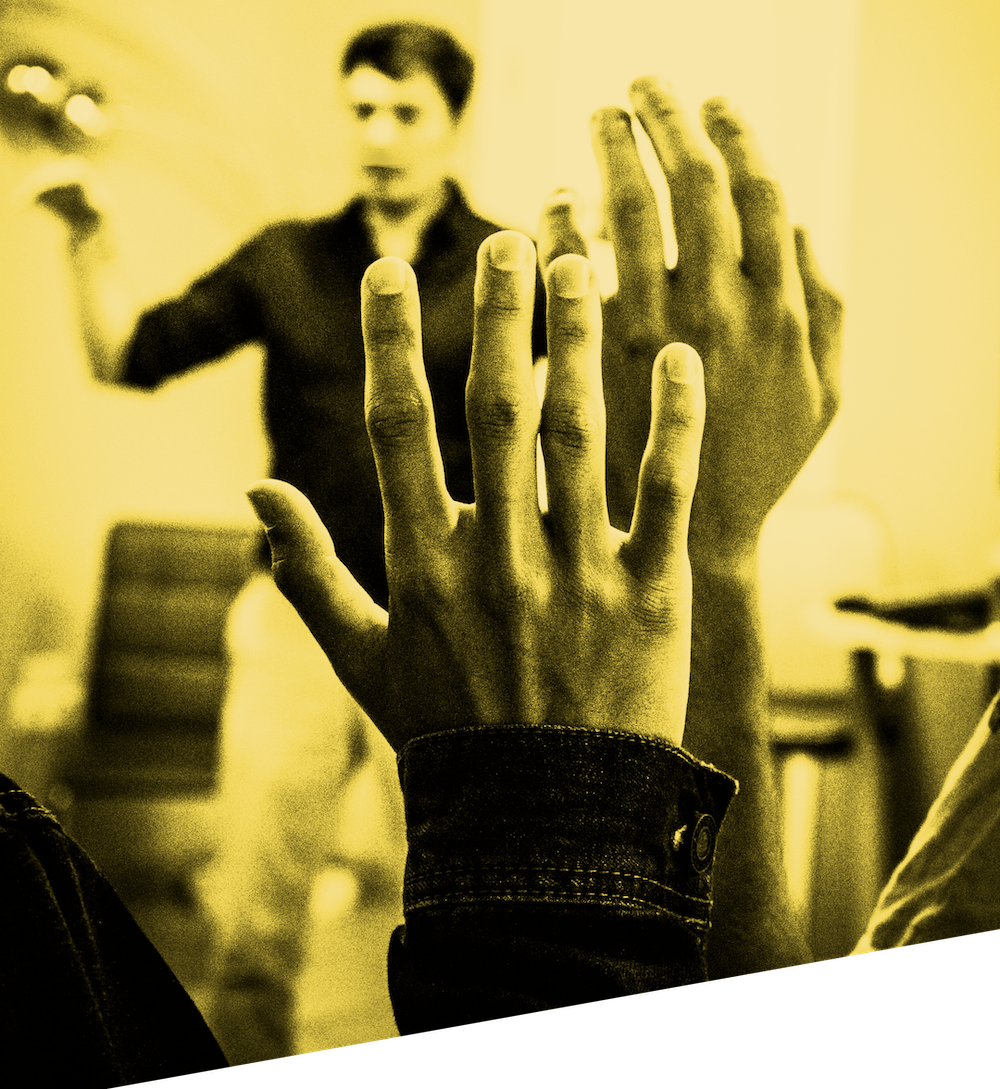Search the blog
Own Voices: Induk’s April Books
This poetry collection shows us the depth of and reasons behind an Asian immigrant woman’s fear, exhaustion, and rage living in the US. The imagery Wong creates to express her feelings--angry wild boar ready to charge, wilted cactus, slowly rotting orange--is vivid, intimate and very dearly familiar. I loved this book and will come back to it time and again.
On Processing Emotions
The anniversary of the murder of George Floyd. Uvalde. Buffalo. Laguna Woods. We are not teaching "hard histories" but a terrorizing present. To be thinking and feeling humans in this world means that today is a hard day in a litany of hard days.
Choosing Rest Is Transformative Resistance
This year, maybe more than ever before, schools are being asked to be safe havens for children continuing to navigate the insecurities of the pandemic. But where is the safe haven for educators who are trying, and struggling, to do the same?
Listen to the Kids
This is a listen to the kids post. In whatever way that you "listen." They are telling us so much. They are noticing, and feeling, around us, shining light into the places that we're not ready to go. Their witness is transformative, and they will lead us. What are the kids in your school community telling you?
Affirmation: A Tool to Build Belonging
I’m not really sure when I first learned about Juneteenth, but I remember that when I did learn about it, I thought of it starkly outside of the bounds of Black culture that I was allowed to access. White supremacy tells us that Blackness is a monolith. That if we don’t look, act, dress, speak (the list is endless) a certain way, then we are isolated from our birthrights.
Culturally Responsive Teaching: The Rituals
But, at night, when I’m done reading to him, we turn off the light, and in complete quiet, he shares his world with me. His disappointment in his baseball coach. Parts of his day that need processing and clarification like, “How common is it to marry your sister?” (not common, bud), and “Why did that police officer kneel on that man’s neck for so long?” (deep breathing, cuddles, & assurances of safety).
Dr. Martin Luther King Jr. If You’re Going to Teach About His Life, You Must Also Teach About His Death.
“They wanted their students to know about King, but not to know that he was shot.” The educators expressed “fear of their students’ emotions, with a longing to ‘protect’ their students.” In her findings, Dr. Papola-Ellis noted the following, “At times, the resistance to the texts I shared in class stemmed from the emotion of fear, fear of how to handle what the candidates deemed as controversial topics in the classroom, or fear of pushback from students’ parents… this fear has the potential to result in narrowing the curriculum and censoring content.” (Papola-Ellis, 2016)










